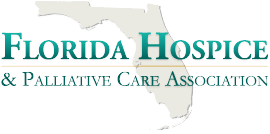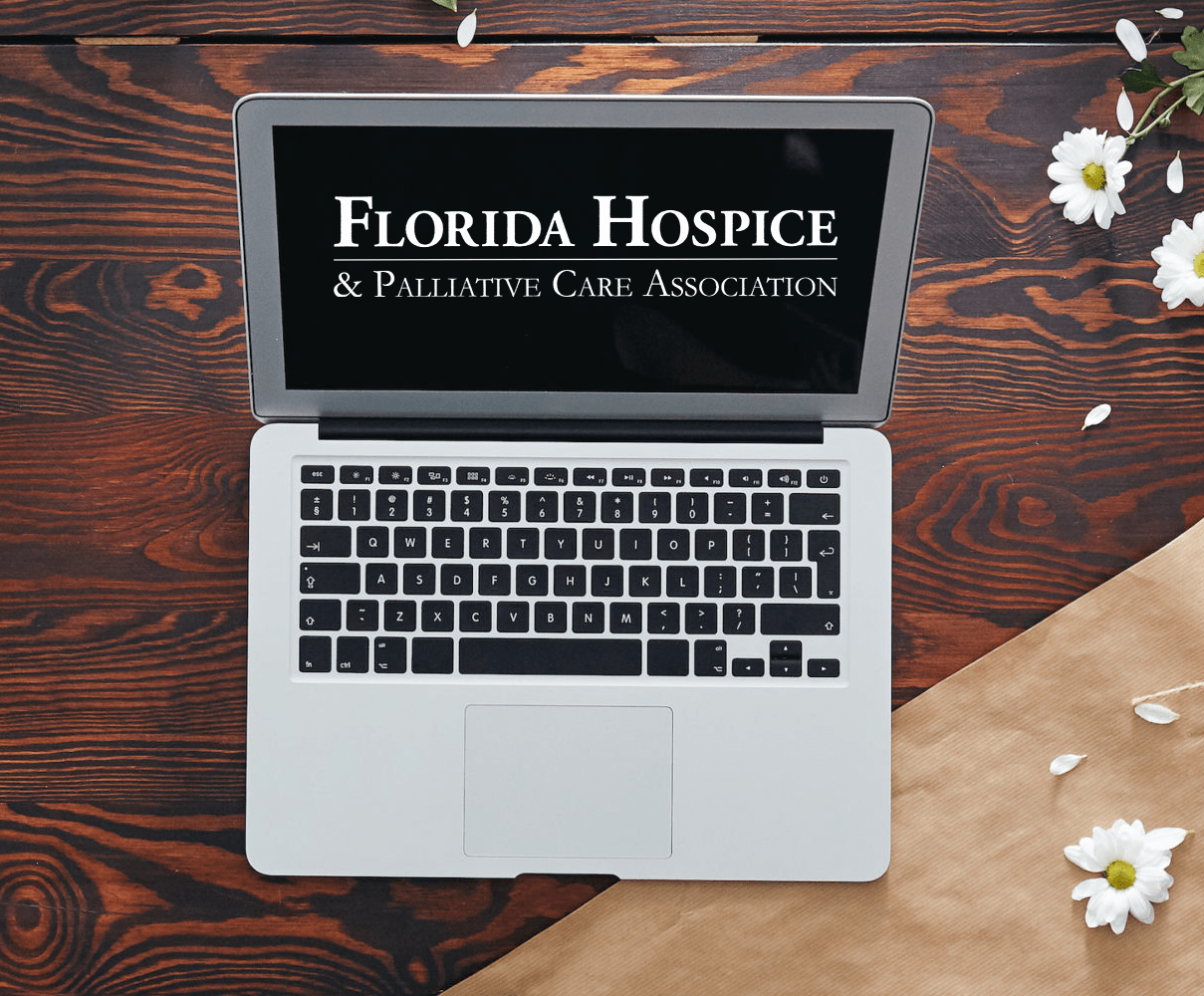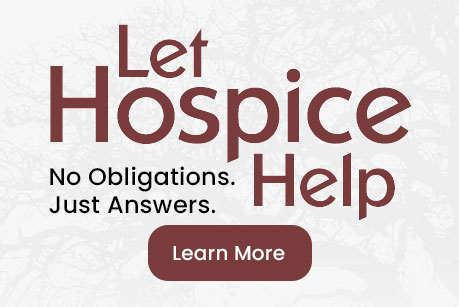Advance Care Planning As a Journey, Not a Destination
Whether you’re saving up for a large purchase or training for a triathlon, you have to envision your goals well in advance, and then take small steps to reach them. To be successful, you need to have a plan.
But when it comes to planning for future health care needs, especially how we want to live if faced with a serious or life-limiting illness, statistics show Americans are not nearly as inclined to create a plan and put their wishes in writing. Nationwide adoption of advance care plans, which may include documents such as living wills and health care surrogate designations, sits between 16 and 30 percent.
The conversation itself is a challenge for most people to think about, on a topic very few of us want to ponder at the dinner table.
When health care providers and loved ones understand the kind of care you want or don’t want, they’re much more likely to follow your wishes, especially in situations where you can’t speak for yourself. Advance care plans give health providers tools to create a plan of care that meets both treatment and quality-of-life goals, and family members can be confident knowing they are honoring their loved one’s wishes.

Jamie Buller, LCSW, ACHP-SW, director of advance care planning, Community Hospice of Northeast Florida
Despite these proven benefits, what’s behind the reluctance to plan?
Nearly 25 years ago, Gundersen Health System in La Crosse, Wis. began a journey to find an answer and change the way people approach planning. Gundersen served as catalyst for the creation of an integrated systems approach, across its community’s major health organizations, to establish advance care planning as the routine standard of care for all. They did it with trained staff guiding conversations—not just at one point in time, but over years and decades, spanning life’s milestones and transitions.
More than a decade after launching their program, Respecting Choices®, Gundersen researchers observed that 90 percent of La Crosse-area residents who died had an advance directive. Ninety-nine percent of these residents had it in their medical record at the time of death1. Subsequently, the evidence-based Respecting Choices model has spread to more than 80 communities and organizations nationwide, with several similar initiatives under way overseas.
Now that successful model has come to the Sunshine State through the efforts of a Jacksonville-based palliative and hospice care provider.
Community Hospice of Northeast Florida established Honoring Choices Florida® in 2013, to encourage people to discuss, decide and document which treatments they would choose in the event of chronic or life-limiting illness or injury. The program is a community-based collaborative, in partnership with six major First Coast health systems and other community-based organizations, which have implemented the planning process with targeted groups such as patients and employees.
Like Respecting Choices, the program uses trained facilitators—more than 130 health care workers and volunteers—to navigate often challenging conversations and document wishes in a written, portable plan. A plan that lives and changes, as its owners do.
These conversations help individuals and families better understand and make informed decisions about use of life-sustaining treatments, such as CPR, mechanical ventilation and antibiotics. They also give people a chance to identify health care surrogates, individuals who can speak on their behalf and advocate for their wishes.
“Honoring Choices Florida sheds light on a philosophy of care that many do not consider until they are already in the midst of a health crisis,” said Jamie Buller, director of advance care planning at Community Hospice. “Creating the opportunity to have the advance care planning conversation is an investment in you and your loved ones’ future quality of life.”
Lawmakers in Washington also recognize the value of these conversations. In June, Senators Mark Warner (D-Va.) and Johnny Isakson (R-Ga.) proposed the creation of a Medicare benefit, Planning Services, to encourage health providers to facilitate care planning discussions for people with advanced illness. Provisions of their bill, the Care Planning Act of 2015, also would provide funding to increase public awareness of the importance of advance care planning.
As Congress and Medicare work together to encourage Americans to create a plan, Buller said Honoring Choices Florida should serve as a case study for similar efforts, right here in Florida.
“We believe that Northeast Florida can be a statewide model for advance care planning and end-of-life care,” Buller said. “As we continue to expand the support services behind Honoring Choices Florida, our hope is that more individuals and families will understand the positive effect these conversations can have on quality of life. It is one of the greatest acts of caring someone can demonstrate for their loved ones.”
Learn more about Honoring Choices Florida at HonoringChoicesFL.com.

Reference:
1 Hammes, B. J., Rooney, B. L. and Gundrum, J. D. (2010), A Comparative, Retrospective, Observational Study of the Prevalence, Availability, and Specificity of Advance Care Plans in a County that Implemented an Advance Care Planning Microsystem. Journal of the American Geriatrics Society, 58: 1249–1255. doi: 10.1111/j.1532-5415.2010.02956.x



